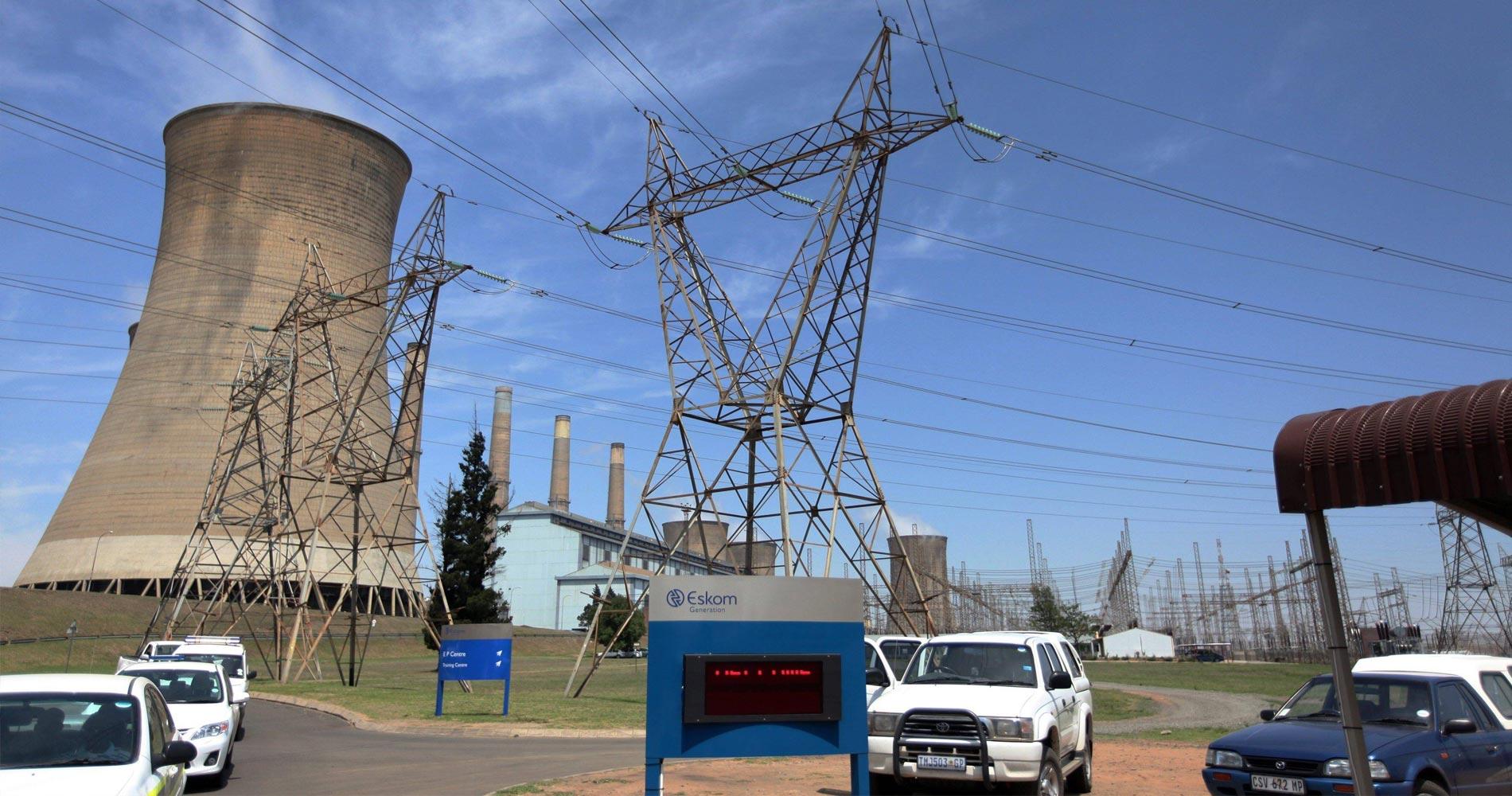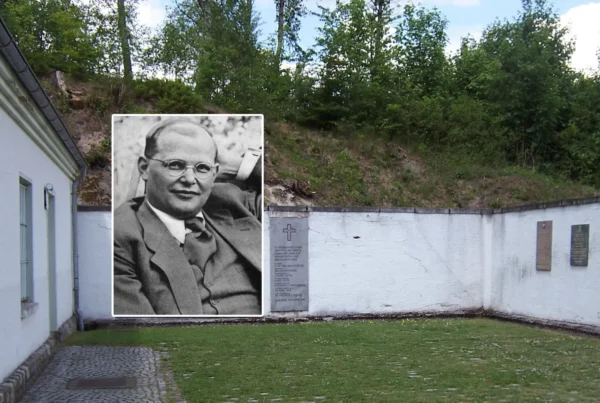South Africa finds itself in its worst energy crisis in decades with daily rolling blackouts throwing the country into economic and social disorder. The former CEO of the main public utility company ESKOM alleges that high-level corruption is the driver behind the crisis. These allegations have sparked a to-and-fro that is beginning to engulf South African politics.
Jamie Bergin, 30 May 2023
German version | Russian version
Despite being the continent’s leading economy, South Africa is struggling to keep its lights on. As of 2023, the country finds itself in the midst of a serious energy crisis with both companies and individuals experiencing blackouts lasting up to 10 hours on an almost daily basis. This is because the public utility company ESKOM – which generates up to 95% of South Africa’s electricity – has responded to the lack of energy supply by carrying out so-called “load-shedding”, whereby they deliberately shut down parts of the grid on a rotational, scheduled basis.
With businesses struggling to function and investor confidence severely hit, most economists are predicting that South Africa will experience no growth in 2023 and may even fall into a recession. Furthermore, the crisis has threatened the country’s often fragile social order, as citizens have taken to the streets in a series of protests.
In February, the President of South Africa, Cyril Ramaphosa, took the unprecedented steps of declaring a state of emergency, creating the new role of a Minister responsible for electricity, and facilitating a USD14 billion bailout for heavily-in-debt ESKOM. Ramaphosa lifted the state of emergency in April, but the crisis to all intents and purposes continues as ESKOM has warned users to expect intensified load-shedding for the rest of 2023.
With a crisis of such proportions and with no foreseeable exit, the search for accountability has understandably taken center stage. Many fingers are pointing at ESKOM’s energy infrastructure as the main culprit. Only two out of ESKOM’s 17 major power stations and generators were constructed in the 21st century, with the remainder being mostly coal-powered, suffering from poor maintenance and operating beyond their intended lifespan. Even then, one might ask what pushed ESKOM so rapidly over the edge in recent months?
In February, ESKOM announced that its CEO André de Ruyter had resigned with immediate effect. De Ruyter had just appeared in an interview with news broadcaster eNCA where he made a series of startling claims. De Ruyter said that in his opinion the need for load-shedding was “to a large extent, attributable to crime and corruption.” Not only did he call attention to small-scale repeated acts of theft and sabotage at ESKOM’s plants, De Ruyter stated that the company had been infiltrated by four criminal syndicates who were pushing corrupt deals, including in the area of clean energy.
De Ruyter estimated that corruption caused ESKOM to lose USD 55 million on a monthly basis. He also indicated a high-level official from the African National Congress (ANC) was complicit in these arrangements (the ANC is the political party of President Ramaphosa and has been in power since the first post-apartheid elections were held in 1994) and he expressed doubts that there was the requisite political will to tackle corruption in the sector. Finally, De Ruyter claimed that in 2022 he had survived a failed assassination attempt to poison him with cyanide.
De Ruyter’s claims predictably seized the front pages, while raising not a few eyebrows. The ANC virulently dismissed his claims about the alleged corrupt behavior of one of its members as “baseless.” The newly-appointed electricity Minister Dr Kgosientsho Ramokgopa admitted there were some instances of corruption at ESKOM, but emphasized that the causes of the crisis were largely technical and rooted in the infrastructure.
In April, De Ruyter was called before the Parliament’s Standing Committee on Public Accounts or “Scopa” where he reiterated his claims but somewhat controversially refused to name the ANC official he had alluded to, arguing that he had provided this information to the police and it was their responsibility to follow up on it. For their part, law enforcement authorities have been cagey as to whether or not they were informed and have confirmed no investigation has been undertaken. In May, the Gauteng High Court has reportedly given the ANC the right to undertake a defamation lawsuit against de Ruyter in Germany.
What to make of all this intrigue? On the face of things, De Ruyter’s claims do not seem far-fetched. The energy sector is by its very nature vulnerable to corruption as it typically relies on complex network of multiple actors who process huge sums of money. Furthermore, South Africa is no stranger to corruption scandals. For example, the country has been haunted for decades by the so-called Arms Deal of 1998 in which the multi-billion-dollar procurement of defense equipment was reportedly beset by embezzlement and bribes. Former President Jakob Zuma was implicated in the scandal and is scheduled to be prosecuted in August 2023.
In Transparency International’s 2022 Corruption Perception Index, South Africa was ranked as having the 88th highest level of perceived public sector corruption out of 180 countries, a comparatively bad ranking for a G20 country and a position which has not dramatically changed in ten years. In the South African context, corruption is often referred to as “state capture”, reflecting the perception that non-state actors have the ability to significantly influence public policy through bribes and other means. This has an especially alienating effect on the populace in South Africa, where economic inequality abounds and has significant racial dimensions – South Africa’s Gini coefficient (extent to which income distribution deviates from equal distribution), currently around 63%, is the highest in the world.
Therefore, for many commentators, De Ruyter’s claims fit the bill. Conversely, could there be any reason for de Ruyter to have lied? In 2022, Minister of Mineral Resources and Energy and Chairperson of the ANC Gwede Mantashe laid the blame for ESKOM’s shortcomings largely on de Ruyter’s shoulders. Corruption accusations can and have been weaponized as a tool for political gain and De Ruyter may have scores to settle with the ANC.
As the potshots between De Ruyter and ANC drag on, this saga may become less and less of a priority, especially as ESKOM has more urgent woes to address. Nevertheless, it is worth keeping an eye on, because knowing what the main cause of this crisis is – infrastructure or corruption – will indicate the way out of it. Scaling up investment in infrastructure will do no good if the money is landing in the hands of a corrupt public utility. And while corruption may seem like the more easily preventable problem, ESKOM would require innovative policies and strengthened political will to go beyond the countless anti-corruption reforms that South Africa has already instituted.
In any case, it is also worth watching because where the issue of corruption often finds its resolution is on the ballot. And as the 2024 South African general election looms, voters exposed to never-ending blackouts will have plenty of time to contemplate and vote their choices.







